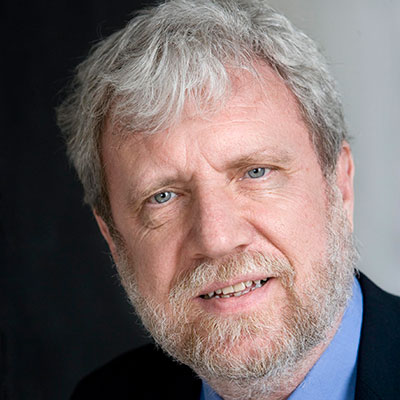
As the world prepares for the 2018 Winter Olympic Games in PyeongChang, South Korea, a group of Florida State University faculty experts are available to discuss various aspects of the event.
EXPERT PERFORMANCE & DELIBERATE PRACTICE
Anders Ericsson, Conradi Eminent Scholar, Department of Psychology
(850) 644-9860; ericsson@psy.fsu.edu
Ericsson, a professor of cognitive psychology who’s known as the world’s foremost expert on expertise, has spent more than 30 years researching the science of elite performance among athletes, chess players, musicians, novelists, doctors and more. He pioneered the idea that “deliberate practice” propels the great performers to the top of their field rather than innate talent.
LEGACY OF OLYMPICS ON COMMUNITY WELL-BEING
James Du, assistant professor, Department of Sport Management
(850) 644-1859; jdu3@fsu.edu
Du’s research interest lies in the interdisciplinary studies between sport management and public health, with a particular focus on understanding the role of sport as an institutional and economic catalyst in promoting active living and well-being for individuals and host communities. Du can discuss the impact of the Olympic Games on sport participation and quality of life.
“The Olympic Games represent a catalyst for growth and opportunities for the host country. The Olympics have the capacity to engender significant economic impact, foster social interactions between residents and visitors, enhance infrastructure and international tourism profile and fill stories to celebrate every facet of the host country.
“Despite the predominant policy emphasis on event’s social, economic and environmental benefits, Olympic organizing committees and host country residents are increasingly calling for attention to be paid to the residual values of the event. That is, various stakeholders are exploring the means to better leverage and capitalize on the development of sustainable sports participation legacy of the Olympics. Specifically, the mission is to help citizens of all ages lead healthy, nutritious, safe and active lives and give citizens a better quality of life by exposing them to opportunities within their own communities.”
SOUTH KOREA-NORTH KOREA RELATIONS
Annika Culver, associate professor, Department of History
(850) 597-1808; aculver@fsu.edu
Culver specializes in Japan and Northeast Asia-related topics. She has received the William F. Sibley Memorial Translation Prize for her work translating Japanese texts into English, and she has been awarded grants and fellowships from the Japan Foundation, the Association for Asian Studies, the Institute for Advanced Study, the D. Kim Foundation, the Kajima Foundation and the United States International Educational Exchange program. Culver is currently teaching a course on the history of North Korea, its unique role in centuries of geopolitical struggle and its enduring wariness of foreign powers.
“While some Washington pundits have said that recent talks between North and South Korea represent the North Koreans trying to drive a wedge between the United States and its South Korean allies, these overtures are generally a good thing because they decrease the likelihood of another rocket launch during the Olympic period. For its part, the United States has also agreed to postpone the series of military exercises they conduct every year with South Korea that North Korea typically depicts as provocative preparations for an invasion.”
ELITE ATHLETE PERFORMANCE
Michael Ormsbee, associate professor, College of Human Sciences
(850) 644-4793; mormsbee@fsu.edu
Ormsbee is an expert in nutrition, supplements and exercise that improve health, body composition and performance. His research interests include exercise training and nutritional interventions to prevent obesity-related diseases, the role of macronutrient ingestion on fat metabolism and performance and the physiological impact of ultra-endurance exercise.
“Competing at the elite Olympic level is incredibly hard to achieve and performing optimally is even more difficult, especially in events that compete day after day. At this caliber, even the slightest advantage that would be meaningless to the general population may be the difference between winning gold or not even making it to the podium. From maximal oxygen consumption to lactate threshold to power output and nutrition, every detail will count for these athletes in February.”
POLITICAL & INTERNATIONAL COMMUNICATIONS
Patrick Merle, professor, College of Communication & Information
(574) 276-8280; Patrick.merle@cci.fsu.edu
Merle, a French native and former international journalist who covered the 2004 Athens Olympics, can discuss media effects of the Games with an emphasis on political and international perspectives. He can comment on the relationship between media coverage and public perception, behavior and attitudes, as well as provide content analysis and cross-cultural comparison of coverage.




